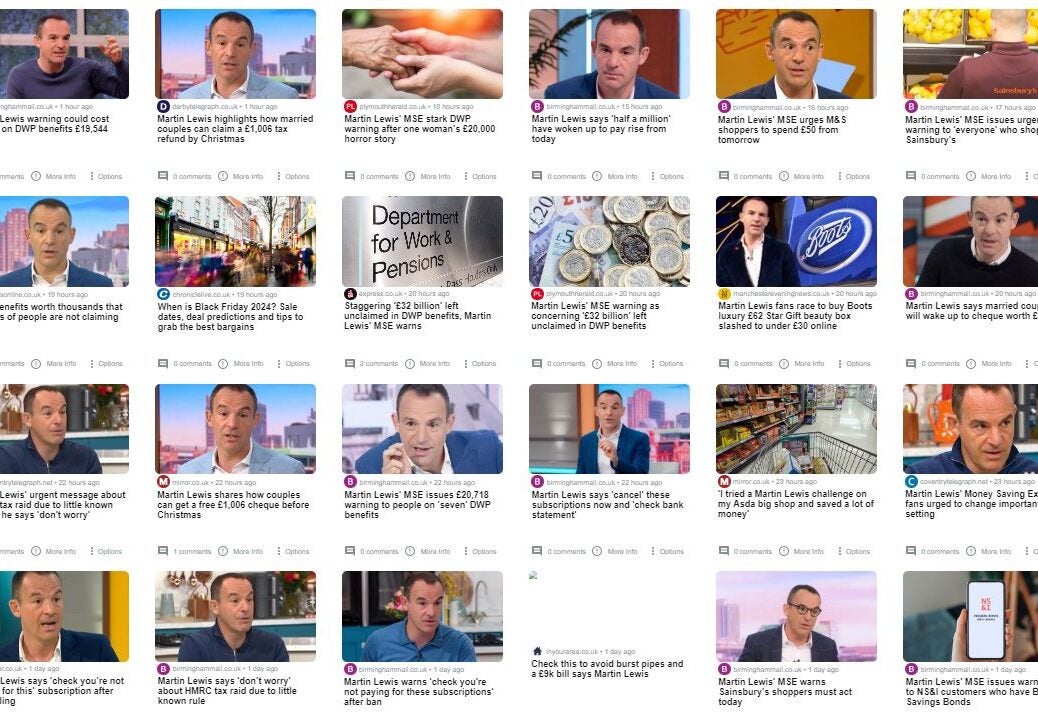
Despite the fact it’s clinging on by a thread, ‘journalism Twitter’ proved it is still alive (though perhaps not well) when a story broke online earlier this month. As Press Gazette and Hold the Front Page reported, Reach PLC journalists are being asked to write up to eight stories a day – prompting a storm of criticism of the move.
Defending the move in an email seen by Press Gazette, the editorial director of Reach’s Live network said its sites cover major breaking news events by making sure “every possible crumb of audience interest has been spun out into a breakout that finds readers by doing every angle, for every platform”.
I spent two years as deputy digital director for OK!, a brand owned by Reach since its Express and Star takeover in 2018. In the months before I decided to leave, quitting in March last year to take my chances as a freelance, a similar push was ongoing. I had my own misgivings and was, on reflection, struggling with burnout from trying to keep up.
When a major news event occurs, there is obviously a huge appetite for the latest updates and yes, there are usually multiple angles to explore. But flooding a website with tens of stories on the same topic certainly doesn’t do your readers (or staff) a favour.
The constant push for fresh articles is hard to contend with and often makes previous pieces, which could be performing well, out of date. This could mean work completed just hours before is essentially redundant and removed from a homepage. In this situation, a ‘new’ piece is often anything but, as the first couple of lines will contain the latest update while the rest is a rejig of background information. Duplicated content becomes inevitable, which (as no editor should need telling) is a huge no-no.
Putting your audience first means thinking about what they want and need. Do 25-plus articles on one news event fit the bill? Or would they be much better served by two or three breakout pieces and a round-up of the key moments?
There are other questions to ask yourself when commissioning, which get slowly pushed down the list when volume is a priority:
- “Is this story right for our audience?
- “Why is it performing well elsewhere?
- “How could we move it on and do something original?”
And there’s no time to reflect on what hasn’t performed well. Could you make tweaks to improve SEO? Is there a better quote for the headline? Would a different lead image make it more enticing?
Standing out online is tough, but it’s even harder if you’ve created a deluge of repetitive articles across multiple websites. As an editor, it’s also incredibly frustrating when your team does land a brilliant exclusive only to see competing versions pop up on other sites within your network minutes later.
I’ve been a journalist for over a decade and mostly on staff for digital-first publications or ones trying to focus on building an online audience. I’ve worked through plenty of industry-wide shifts, most notably the now-infamous ‘pivot to video’ of 2015, various scrambles for traffic from social media platforms, the podcast boom and the ongoing rise in popularity of newsletters.
During many of these, as both a budding reporter and then an editor, I managed to expand my own skill set, from gaining experience in front of the camera and hosting live events to launching new verticals, video franchises and newsletter products. But a pivot to ‘more, more, more’ gives early-career journalists none of these opportunities.
As one former Reach journalist tweeted, “a 7-3pm shift means writing at least a story an hour, sometimes more… Sometimes I didn’t take a proper lunch break as I felt pressure to hit 8 stories and was consistently stressed about page views”..
Most stories on a shift like this will be rewrites of news lines already out there. There is very little time, if any at all, to think creatively or strive for originality – two skills that have always been important in journalism, but are even more so as we face up to the rise of AI. Brilliant writers – who are capable of going out and finding news, or thinking of fresh approaches – are left trudging through burnout-inducing shifts, as are their editors.
With no digital sub-editors and reams of content to check, I felt my own standards slipping. I know I published stories with headlines that could have been ten times better, and dropped the ball on picking the best angle for something because the strategy was to commission multiple pieces and hope some of them performed well.
I didn’t have time to give proper feedback or pass on knowledge. As toe-curling as they were when I was a twenty-something reporter desperate to impress, frank conversations with my editors about which of my stories hadn’t worked provided some of the most valuable feedback I’ve ever received. They also prepared me well for my articles and comment pieces being discussed, scrutinised and debated online.
Both reporters and editors stuck in the churnalism cycle will inevitably leave and seek out more fulfilling opportunities. Because, despite the strategies some legacy media operations are determined to stick with, it is possible to do things differently and succeed.
Tortoise, founded in 2018 and dedicated to producing “slower, wiser news”, has won multiple awards for its podcasts and recently entered talks to buy The Observer. With local news at a crisis point, in July the Guardian highlighted the work of journalists determined to revive it – and other independent outlets, often publishing in newsletter formats, have sprung up since.
It is possible to do better by being more ambitious, and thinking differently can achieve results. But it’ll never happen if staff aren’t given time to try.
Email pged@pressgazette.co.uk to point out mistakes, provide story tips or send in a letter for publication on our "Letters Page" blog
